
OR
Those found guilty in caste-discrimination cases have never been awarded maximum sentence as per the law
Published On: July 17, 2020 01:00 PM NPT By: Anjali Subedi
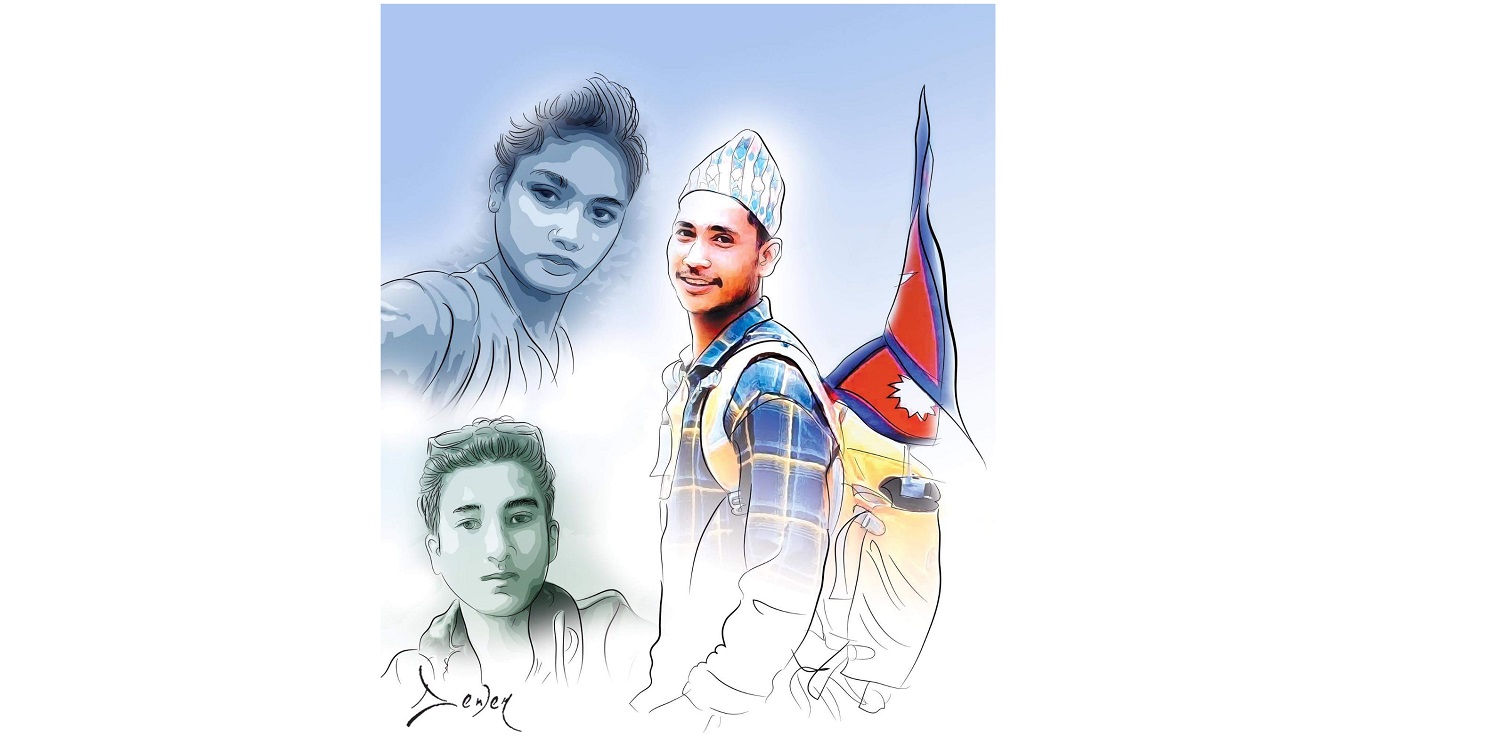
KATHMANDU, July 17: Prakash Nepali, lawyer and a lecturer, is not shocked by these numbers: 16 Dalits were killed by non-Dalits in the last decade alone. The latest tragedy in Rukum makes the toll 20, he said. Nepali said that 75 untouchability-related cases have been registered since the Caste-Based Discrimination and Untouchability Act, 2068 was promulgated in 2011. However, not a single case has been established as an untouchability offence, deserving a maximum punishment to the guilty. “Zero percent success in providing justice to Dalits,” said Nepali.
To be deemed to have committed cast-based discrimination and untouchability: (1) If any person commits, or causes to be committed, any act referred to in this Section on the ground of custom, tradition, religion, culture, rituals, origin, caste, race, descent, community, occupation or business or physical condition shall be deemed to have committed untouchability and discrimination. Source: Caste-Based Discrimination and Untouchability Act, 2068
In 2014, Bijay Lama and his relatives abused and thrashed Sumira Devi Sadaya of Chandraudyapur-7 of Siraha for touching a public well. The case was taken up by Defending Human Rights of Dalits (DHRD), a local 'Dalit Jana Kalyan Yuwa Club', and reached the Siraha District Court. But citing no tangible evidence against the accused, Lama and his relatives were given a clean chit. The victim has appealed for justice at the Appellate Court in Rajbiraj and the hearing is yet to begin.
On Saraswati Puja at Janata Secondary School of Dhanusha in 2014, every student took their turn to perform puja inside a Mandap but Firan Kuman Mahara, 16, a Dalit student, was not allowed in by Kishori Prasad Sah, the headmaster of the school. DHRD intervened and went on to file a complaint at the local police station, but nothing happened. DHRD notified it to the Regional Office of National Human Rights Commission, District Administration Office, Zonal Police Office and National Dalit Commission. The police initially refused to register the case. After a FIR was registered, the document was faxed to the Dalit Commission, which then faxed the content to the district administration office, recommending action on the case. But nothing has happened so far.
Buddhilal Harijan, a tenth grader at Siddhartha Higher Secondary School of Kusma-7, Nawalparasi was fed up of being targeted by his headmaster Shashi Bhushan Pandey and other teachers. He rebelled. They would use derogative terms to demean him, and even his non-Dalit friends harassed him. The headmaster and three other teachers beat Harijan. A FIR was registered under the Untouchability Act, 2011 against Pandey and the teachers -- Santosh Tiwari, Jaya Prakash Singh and Santa Ram Yadav. The case was submitted to Nawalparasi District Court through the Attorney General’s Office in Nawalparasi. One perpetrator was fined Rs 1500 as a punishment and the three were given a clean chit. An appeal was then made to the Appellate Court in Butwal, Rupandehi demanding full three years of jail sentences for the perpetrators and compensation to the victim. But the Appellate Court upheld the district court verdict, stating that the issue was not a serious one. The case has now reached the Supreme Court.
Going through the files safely kept at Samata Foundation, where the details of those victims have been recorded, Prakash Nepali told Republica that social transformation looks elusive to him. "The caste system has to do with Nepali culture, guided by Hinduism. Our blood is considered impure. Non-Dalits--educated or uneducated--are okay with discrimination and do not take it seriously, so where is the possibility of transformation?" he questioned.
From 2011 to 2019, Sete Damai, Manbire Sunar, Ram Bahadur Sarki, Jayabir Tamata, Shiva Shankar, Sangita Pariyar, Jhumabi BK, Rajesh Nepali, Asmita Sharki, Ajit Mijar, Laxmi Pariyar, Mana Sarki, Mayabi BK, Shreya Sunar, Reshma Rasaili and Rummati Kumari Das – the sixteen people from Kalikot, Dailkeh, Saptari, Bardiya, Tahanu, Taplejung, Parbat, Jhapa, Kavre, Kailali, Kashki, Dhanusha and Morang lost their lives just because they were from “lower caste”. Most of them died in clashes with the people of ‘higher castes’ either because they fell in love or entered temples and tea shops or happened to touch public taps. Some were charged with witchcraft. The stories speak enough of bigotry prevalent in the society but those stories have failed to create an uproar.
Prakash Nepali is not surprised over the Rukum incidence of June 2020, where an affair with a Thakuri girl cost Nawaraj B.K. his own and some of his friends' lives. Nepali sees it as a continuation of violence against the Dalits. Yet again, a few weeks later, on May 23, another Dalit girl, Angira Pasi,13, from Rupandehi, was found hanging on a tree. Birendra Bhar, 25, had raped and then took her home as his bride after pressure from the community leaders. Pasi was thrashed, and was beaten by her in-laws before the day she was found hanging.
According to Nepali, the chain is hard to break; as both economic and social barriers stand tall. Non-Dalits are not open to change, they love to guard their ego and superiority over anything, says Nepali, who has handled over 15 court cases involving the Dalits. He is one of the lawyers fighting on behalf of Nawaraj and the other victims in Rukum.
"Changing people's attitude is a long battle; more Dalits will die in our struggle for space and equality. We have the law, but caste-based discrimination cases are weakened right from the beginning, and the verdicts are handed down with a minimum punishment," Nepali noted. He also added that despite being a foolproof case, even the Rukum incidence may meet a similar fate.
Mohan Shashankar does not have better predictions about the miseries of the Dalits. Based on the experience of his more than a decade-long advocacy on behalf of the Dalits, who fought the Ajit Mijar case among others, Shashankar maintains that untouchability is still rampant and the society is not going to get rid of this unless non-Dalits own and lead the battle.
"Questioning offensive behavior right away is impractical. Ruining social harmony or preparing for other kinds of consequence is not something a Dalit can afford. Numerous cases of caste issues are thus silenced before they actually reach the court. Justice has rarely made Dalits smile," he reflects.
Be it Mijar or others, what Shashankar has faced during advocacy is the lack of acknowledgement of the crime and the sensitivity of the issue. People endorse caste discrimination, making justice elusive, he asserts. Mijar's dead body still lies at Tribhuvan University Teaching Hospital, Maharajgunj as the family waits for justice. He was 18 at the time of his death in 2016. The court is yet to decide if it was a murder or a suicide.
"Caste-based discrimination is sometimes so subtle that you can't pinpoint or produce evidence. In such cases, Dalits cannot raise their voice even if they understand that they are being treated unfairly. It’s also a discrimination if your non-Dalit friend doesn’t take you home or maintains distance, but that is deemed a personal choice and we can hardly do anything about it. But even when there are verbal abuses, beating or even killing, it is hard for us to prove mala fide intention to discriminate in court of law," he elaborates. "It is hard because the society is comfortable overlooking the caste bias; our voice is not heard with due sensitivity. The police have a similar attitude while collecting evidence, and it is the same with other components of the justice system," he added.
Shashakar is often told that 'Dalit's fight for equality is a futile attempt which he and others like him better realize'. "When I speak of caste-based discrimination, I am made feel that I am making a mountain out of a mole. Non-Dalits expect us to remain silent about this deep, dark, inhuman force in our society," he added.
In cases involving the murder of Dalits, according to Nepali and Sashankar, a few have been put behind the bar, but the jail terms are short. Of the 75 untouchability cases, not even a single offender has been awarded three years of jail term, which is the maximum penalty as per the law. Mahottari and Morang district courts slapped six months and three months of imprisonment on a case involving untouchability, which is the maximum punishment since the time of the promulgation of the Act in 2011.
You May Like This

Boost investment in power transmission infrastructures
As Nepal strives to achieve uninterrupted power supply for all its citizens and capitalize on surplus electricity through exports, urgent... Read More...
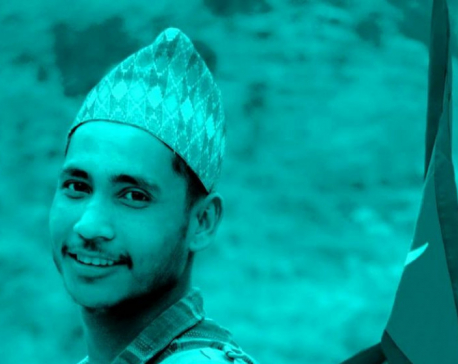
Tragedy in Rukum is our national shame
Those involved in the murder of Nabaraj must be punished so that it becomes a turning point in the way... Read More...
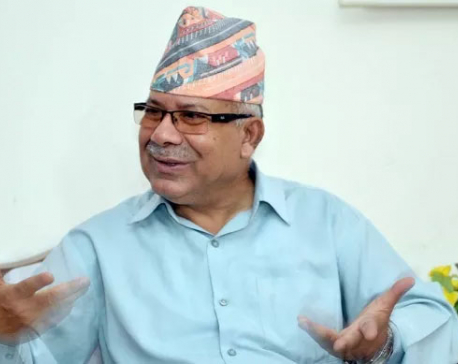
Party's name will be Nepal Communist Party after merger: Leader Nepal
KAILALI, Feb 9: CPN-UML leader Madhav Kumar Nepal said that the name of the new party after merger between CPN-UMLand... Read More...
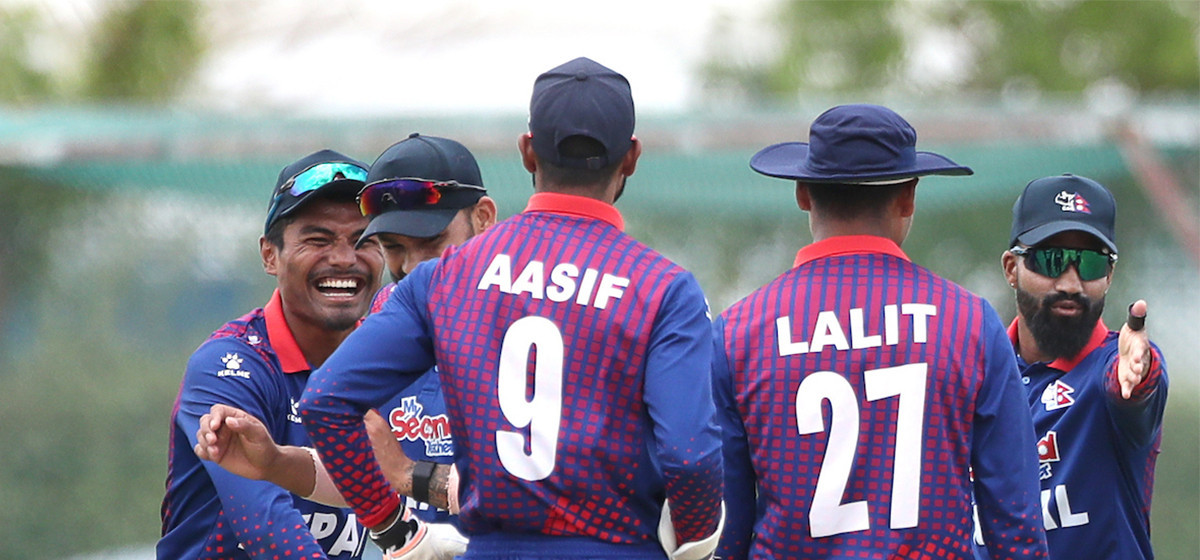



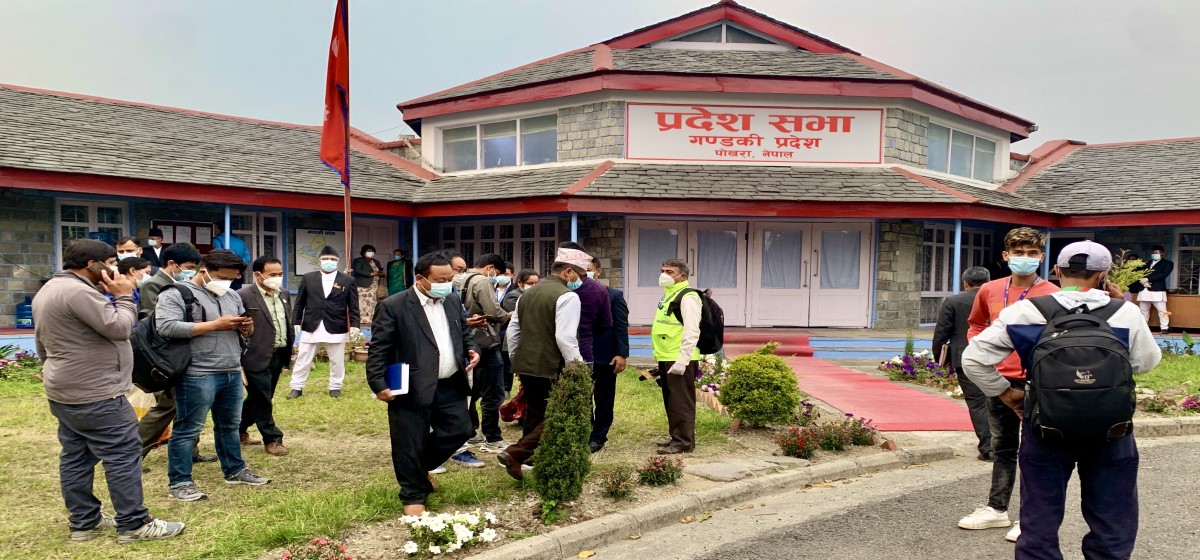

Just In
- Altitude sickness deaths increasing in Mustang
- Weather forecast bulletin to cover predictions for a week
- Border checkpoints in Sudurpaschim Province to remain closed till Friday evening
- Gandaki Province Assembly session summoned
- CM Karki to Speaker: Resolution motion for vote of confidence unconstitutional
- EC reminds all for compliance with Election CoC
- 13 killed, several injured after strike at Al-Maghazi refugee camp in Gaza
- NA team leaves for Solukhumbu to launch Clean Mountain Campaign









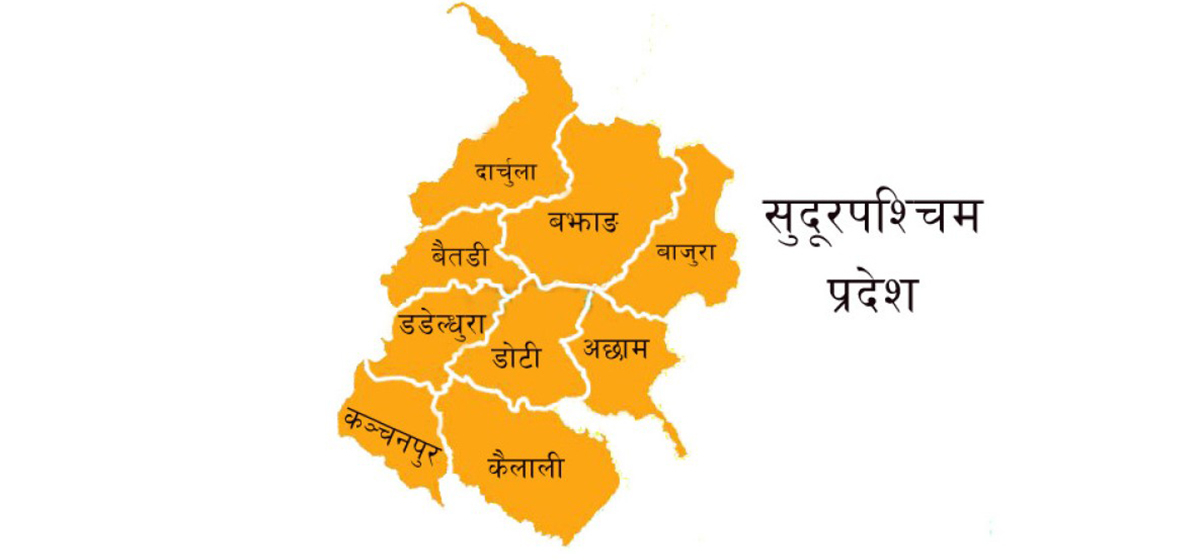
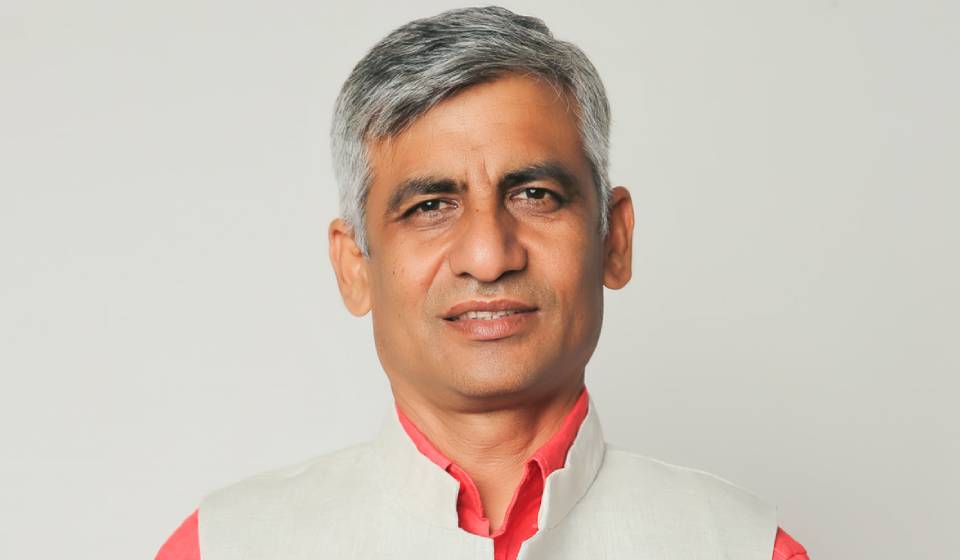

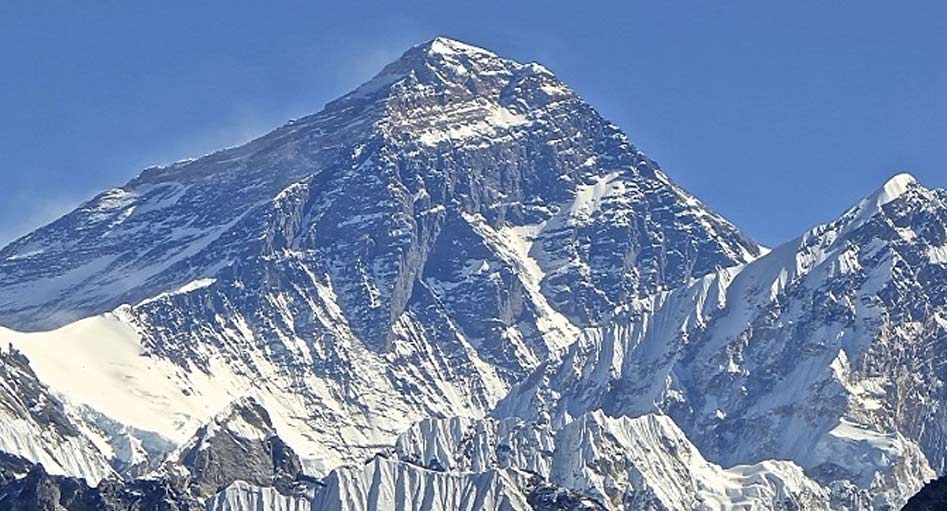
Leave A Comment